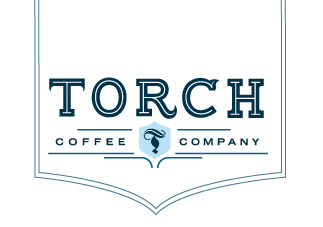SCAE Green Coffee Intermediate
The SCAE Green Coffee Intermediate course looks at green coffee on a deeper level and builds on the core vocational skills essential for people who work with green coffee on a daily basis. Students will learn how to navigate the supply chain, apply knowledge of seasonality in coffee cropping, along with shipping and storage knowledge to stock holding patterns. They will also learn about quality differences resulting from supply chain variations, basic legislative needs to purchasing, and different certification schemes in the world of coffee. The two-day course is suitable for baristas, roasters, and coffee professionals seeking to gain a deeper understanding of green coffee. It consists of four short practical tests and a written test with 25 questions and a passing score of 70%. Successful students will be awarded 10 points towards the SCAE Coffee Diploma. The syllabus of this course is divided into three sections:
- Principles of Coffee Growing and Processing
This section explores key differences in the botany of coffee species, and how it leads to differences in growing location and farming systems by plant type. It also covers variations in farming practice found in producing countries, including shading methods, fertilization and pest management. It provides an explanation of the differences in processing techniques for the production of specialty quality coffee, as well as insights into how these techniques change the cup profile of coffee.
- Introduction to Green Coffee Grading
This section provides an overview of the different types of defects that may occur in green coffee and their likely causes. Students will learn the physical methods of examining green coffee samples, identify physical defects, and use key equipment to effectively assess green coffee quality.
- Coffee Contracts and Green Coffee Portfolio Management
The planning and management of green coffee stocks is central to many green coffee jobs, hence this section explores the basic market principles and structures involved in pricing changes of all coffee sectors, as well as the methods of creating green coffee contracts with suppliers and customers.
